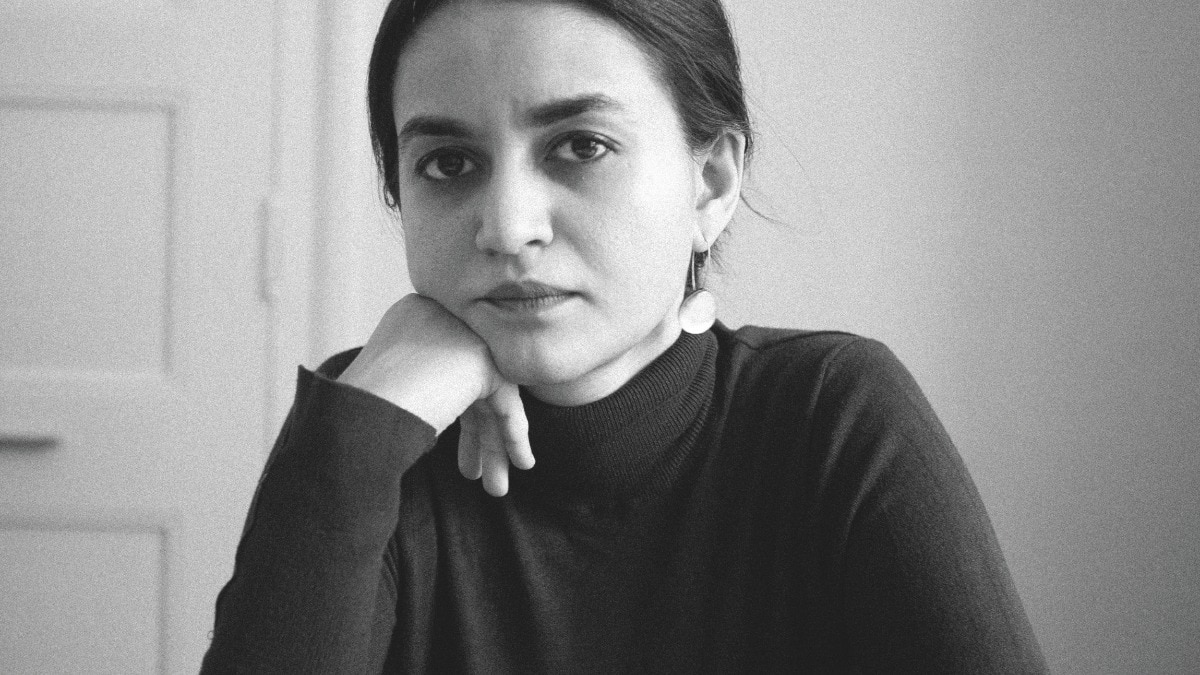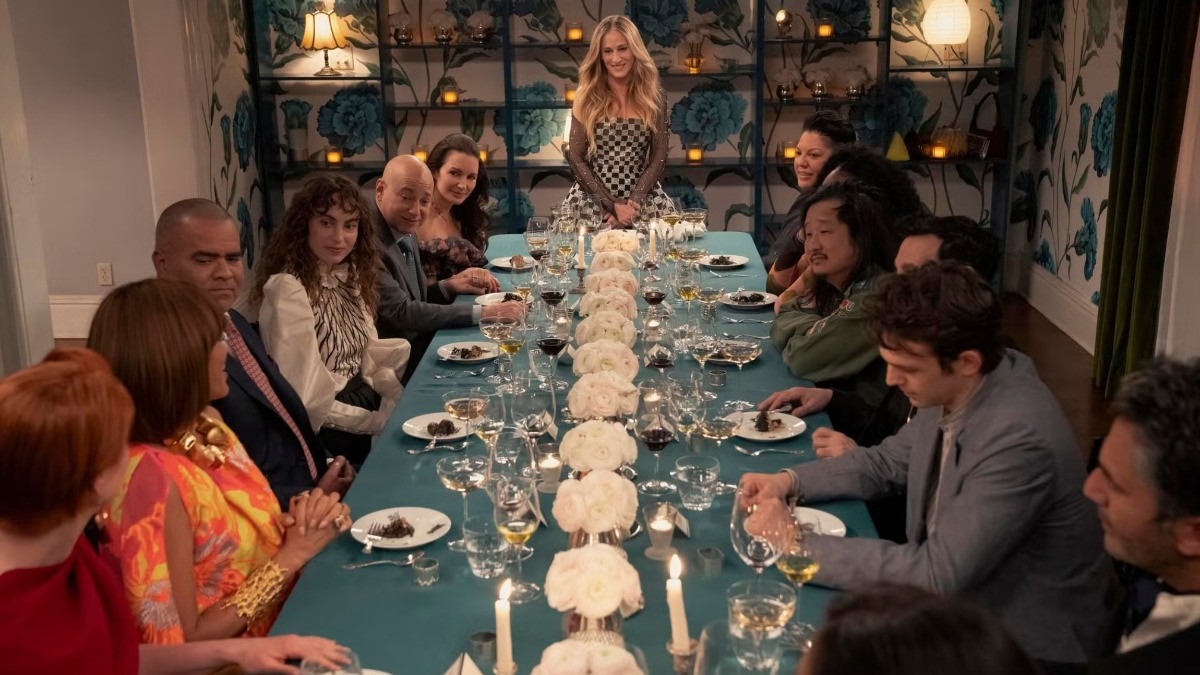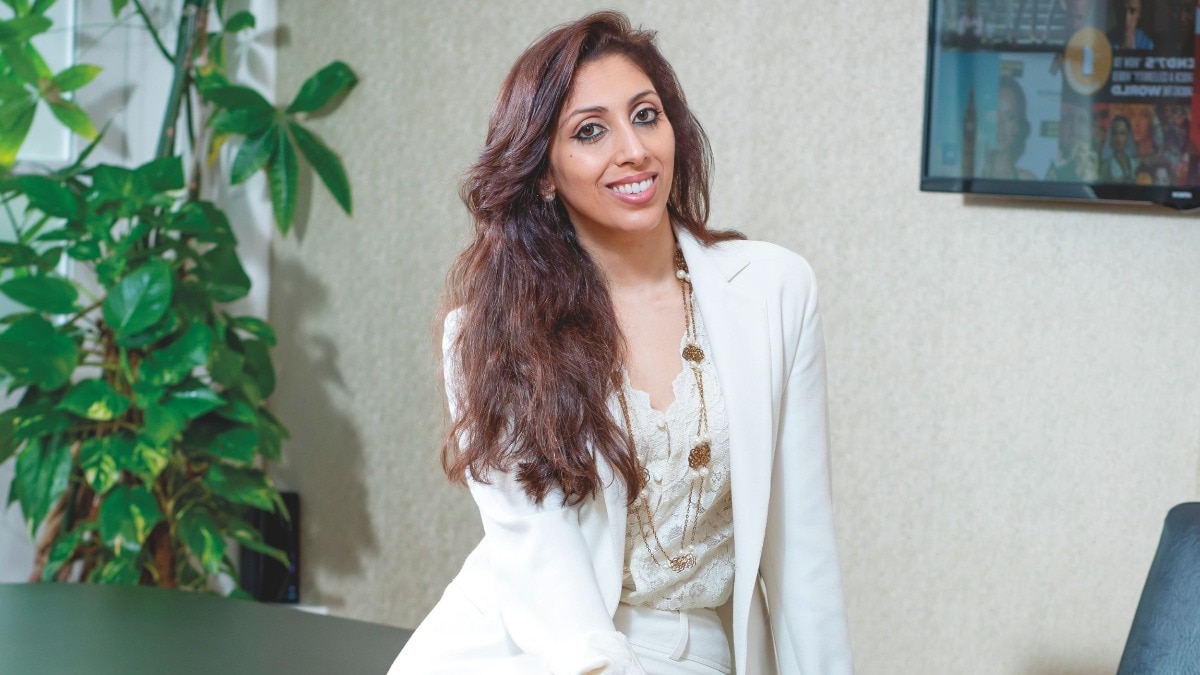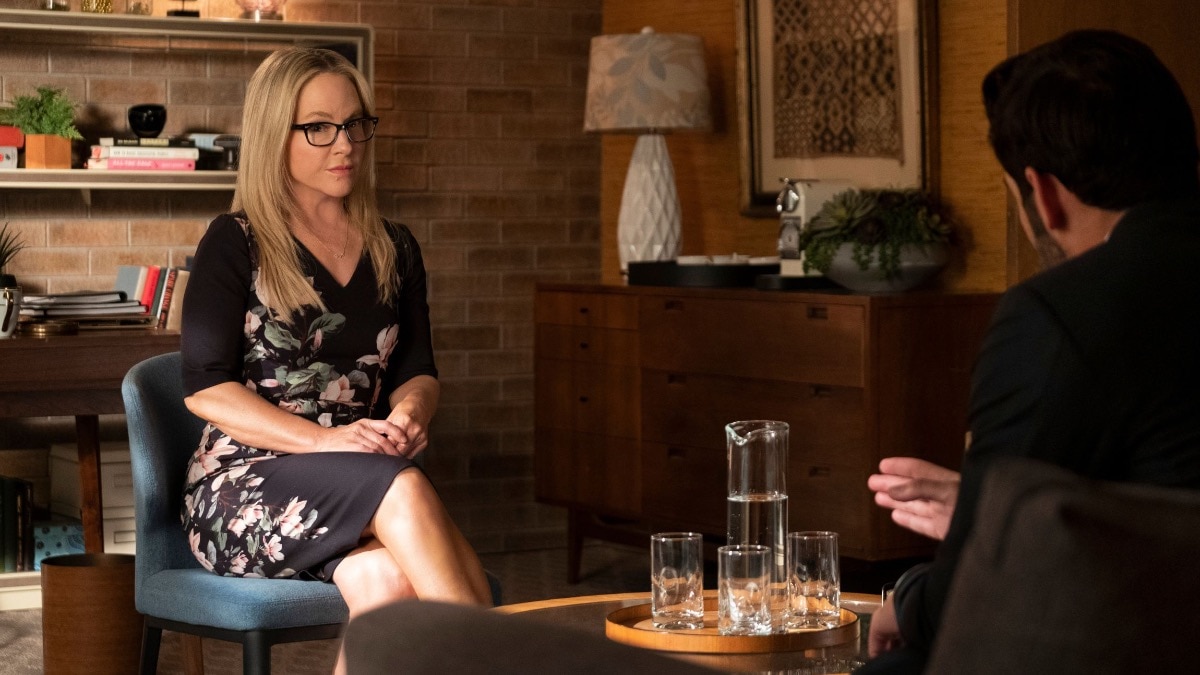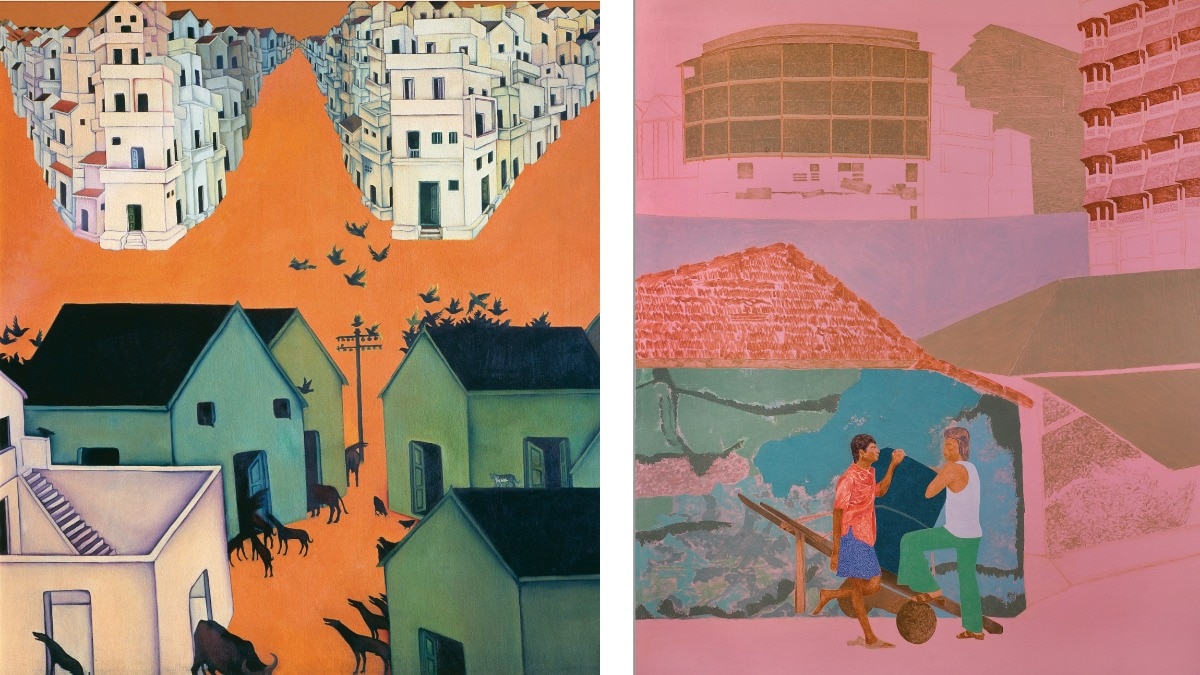
A powerhouse: Hansal Mehta on 'The Buckingham Murders' and how he works
The ace director gets candid about the making of the police procedural in atrocious London weather, his upcoming projects, and the joys of working with Kareena Kapoor Khan.


When The Buckingham Murders was first announced on social media, the collaboration of three powerhouses—director Hansal Mehta, producer Ekta Kapoor, and the iconic Kareena Kapoor Khan—sent ripples of excitement among cinema lovers.
From the National-Award-winning Shahid (2013) to Scoop (2023), no one quite does it like Mehta when it comes to depicting a character's internal conflict within the realm of social and political realities. His films have travelled far and wide to several prestigious film festivals—Shahid and Omertà (2018) were the official selections at the Toronto International Film Festival while Aligarh (2016), starring Manoj Bajpayee, one of Mehta's most celebrated works to date, premiered at the BFI London Film Festival in 2015. Now, all these years later, once again, the director found himself on familiar ground when The Buckingham Murders premiered at the 67th BFI London Film Festival in 2023.
With this body of work behind him, everyone was prepared for something extraordinary when The Buckingham Murders released in theatres on September 13, and Mehta did not disappoint. His classical treatment of a police procedural set in cold, rainy London is seamless and authentic, blending multiple languages with a diverse, talented cast. The star power of Kareena Kapoor Khan, on full display in a de-glammed avatar, is enough to get the audience talking. With Mehta at the helm of it, the rest flows like butter.
Kapoor Khan, as a detective, is in her element. Her piercing gaze keeps you transfixed at all times. And the director seems to unearth a part of her craft that before this, has remained largely unexplored. It is refreshing to see Kareena Kapoor Khan, the actor beyond the star. When the camera is on, she shines, and Mehta harnesses her energy with a razor-sharp storyline and a deft directorial hand.
My interview with the director gets delayed several times. I’m informed that he is in London, shooting for his upcoming project Gandhi. When we finally connect over a hurried Zoom, he’s clearly feeling chatty and we start on a high note.
Insofar as promotions go, he’s been asked about working with Kapoor Khan only about a gazillion times. I try to spare him the monotony as I’m more interested in knowing the actor she is through his director's lens. He is good humoured when he shares, “I've never seen people as stars. I work with the person more because of what they bring to the table as actors. What they do for the characters that have been put on the page. And I think Kareena is somebody who is a massive star but also a massively good actor. I was getting a chance to use that talent that she has and to use that gift that she has for performance.”
But was she the first and only choice for the role? Mehta shares that all it took was a phone call with Ekta Kapoor and Kapoor Khan, and she was in. As it turned out, she had been waiting for a meaty role like this. “Kareena fits the character like a glove,” Mehta says.

In the film, we see Kapoor Khan play Jasmeet Bhamra, a bereaved mother, who loses her son at a shootout. As she chooses to transfer to a new police station, the past seems to haunt her—her new assignment is the case of a missing child. I asked about Mehta's perception of loss and how to portray powerful emotions without going overboard. He nonchalantly said, “It’s just my gut, my instinct.” I shared with him a particular moment in the film, where a very frustrated Jas (Kapoor Khan) has had enough with the world falling apart around her. She storms out of her house and screams a raw, visceral scream, a sign of letting go and afterwards, breathing a sigh of relief. He explains, “But let me tell you, she was supposed to just come out and go on a run. I told her to come out and just scream. And the good thing about Kareena is she did that. No questions asked—why should I do that? What am I thinking? You know, none of that excessive fake intellectualism. She tunes her instinct to do what the moment requires.”
The film takes its time to seep into your mind; it is slow-paced until it finally soars in the midst of a chaotic riddle waiting to be resolved. Do viewers have it in them to enjoy a slow burner anymore? Would OTT perhaps be a better option for a film like this? The director answers, “Well, the thought did come up, but ultimately, releasing it in the cinemas was a business decision. And, for me, the important thing is that the film should reach the world and its audiences. So I go with that feeling.”
Now that the film is out and being discussed at length, we broach the topic of reviews. He says he doesn’t let them bother him until a certain point. “It just affects you in a wrong way," he says. It did not come as a surprise when I told him that he is hailed for having made political films his forte despite the stakes being too high in the genre. Filmmakers exercise much more caution and reticence when dealing with politically charged subjects. “I don't think too much about this. I think films are a reflection of the person you are. Films are a reflection of your own politics or your own belief systems,” he responds.
And with that, we come to his next ambitious project Gandhi, another one of the most awaited releases this year. I asked him about Tom Felton, aka Draco Malfoy in the Harry Potter films, who is essaying the role of Josiah Oldfield, future mate of Mahatma Gandhi played by Pratik Gandhi, in the film. Mehta senses my anticipation that I’m clearly not feigning and shares, “It’s too premature to talk about it at this stage. But of course, he's wonderful to work with.” I ask if he’s been successful in teaching Felton some essential Hindi words. “Oh, we have a bit,” he is quick to say. Before we say our goodbyes, the director shares that he’s going to catch up with Felton in the coming week for a drink and has plans to bring him to India for the promotions for Gandhi. I will hold him to it until our next chat.
All Image Credit: Raindrop Media

